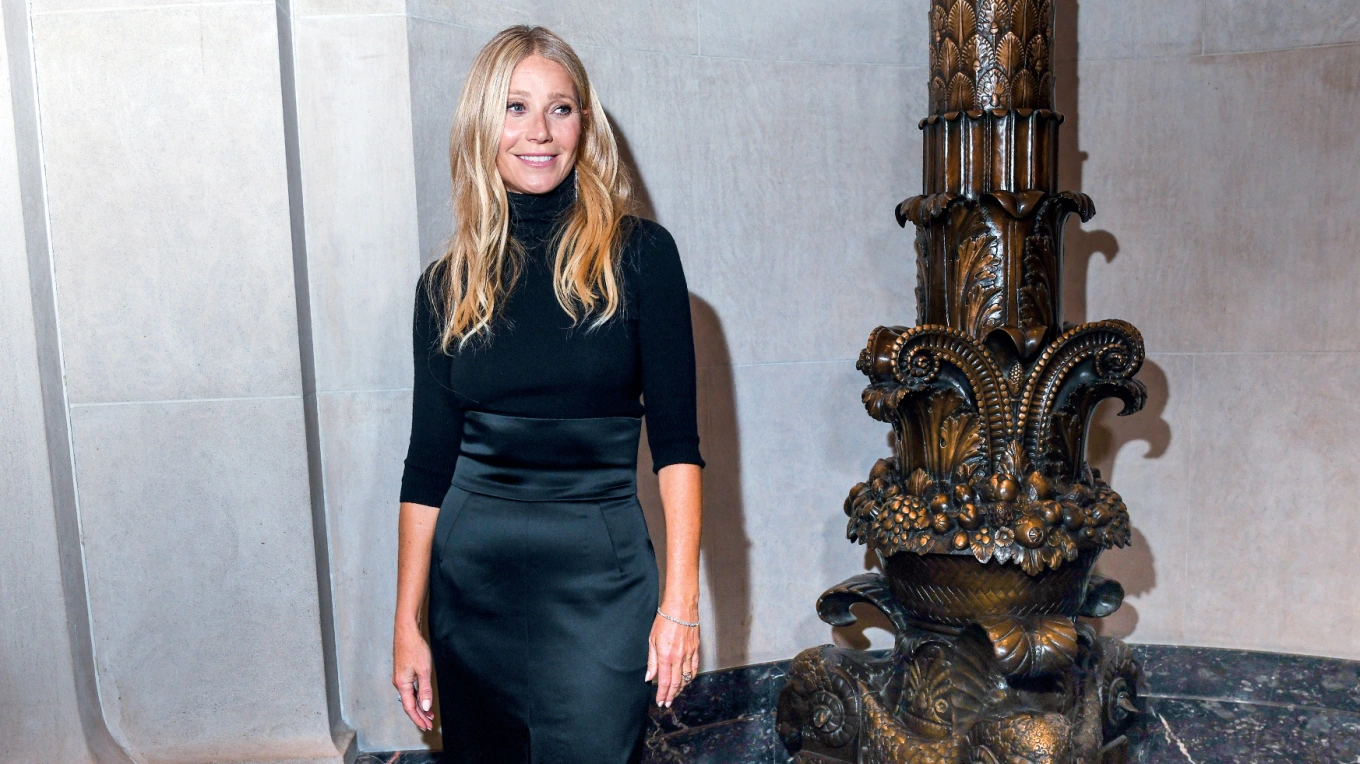n June, 2017, Ann Norris, a former State Department official, received an e-mail containing an unusual proposal. Norris is married to Ben Rhodes, a former foreign-policy adviser to President Barack Obama and a prominent advocate of the Iran nuclear deal. In the e-mail, a woman who introduced herself as Eva Novak and claimed to work for a London-based film company called Shell Productions asked Norris to consult on a movie that she described as “ ‘All the President’s Men’ meets ‘The West Wing’ ”: it would follow the personal lives of “government officials in the positions that determine war and Peace” during times of geopolitical crisis, including “nuclear negotiations with a hostile nation.” Recalling the exchange, Ann Norris said that she found Eva Novak’s request “bizarre,” and that she “never responded.”
The e-mail appears to be part of an undercover campaign by an Israeli private-intelligence firm to discredit Obama officials who had been leading proponents of the 2015 Iran nuclear deal. The campaign was first reported, on Saturday, by the British newspaper the Observer. However, sources familiar with the effort and pages of documents obtained by The New Yorker reveal that there is more to understand. Two of those sources told me on Sunday that the operation was carried out by Black Cube—a firm that was also employed by Harvey Weinstein and that offers its clients access to operatives from “Israel’s élite military and governmental intelligence units,” including the Mossad.
A month before Norris received her e-mail, Rebecca Kahl, a former program officer at the National Democratic Institute and the wife of the former Obama Administration foreign-policy adviser Colin Kahl, had also received a puzzling e-mail. A woman named Adriana Gavrilo claimed to be the head of corporate social responsibility at Reuben Capital Partners, a London-based wealth-management firm. Gavrilo told Kahl that her firm was launching an initiative on education and that she wanted to meet to discuss the school that Kahl’s daughter attended, at which Kahl volunteered. Kahl referred Gavrilo to school staff members, but Gavrilo repeatedly refused to speak to anyone but her. Gavrilo’s firm would “not be able to make the necessary due diligence” on the school employees, she wrote. Rebecca Kahl, who said she “worried I’m strangely a target of some sort,” eventually stopped responding to Gavrilo.
Adriana Gavrilo and Eva Novak appear to be aliases. LinkedIn pages for both Gavrilo and Novak at one point showed a slim blond woman advertised as fluent in Serbian. Shortly after The New Yorker contacted Black Cube about this story, Novak’s LinkedIn page was deleted. The e-mail addresses listed by both women do not work. Calls to the phone number Novak listed went unanswered. The Web sites for Reuben Capital Partners and Shell Productions have been taken down, but both were bare-bones pages constructed through the free site-building tool Wix. The addresses for both companies led to shared office spaces; there is no evidence that Shell Productions or Reuben Capital Partners had ever operated there.
The documents show that Black Cube compiled detailed background profiles of several individuals, including Rhodes and Kahl, that featured their addresses, information on their family members, and even the makes of their cars. Black Cube agents were instructed to try to find damaging information about them, including unsubstantiated claims that Rhodes and Kahl had worked closely with Iran lobbyists and were personally enriched through their policy work on Iran (they denied those claims); rumors that Rhodes was one of the Obama staffers responsible for “unmasking” Trump transition officials who were named in intelligence documents (Rhodes denied the claim); and an allegation that one of the individuals targeted by the campaign had an affair.
The campaign is strikingly similar to an operation that Black Cube ran on behalf of Harvey Weinstein, which was reported in The New Yorker last fall. One of Weinstein’s attorneys, David Boies, hired Black Cube to halt the publication of sexual-misconduct allegations against Weinstein. Black Cube operatives used false identities to track women with allegations, and also reporters seeking to expose the story. In May, 2017, a former Israel Defense Forces officer, who had emigrated to Israel from the former Yugoslavia, was working as an undercover agent for Black Cube. The woman contacted the actress Rose McGowan, claiming to work for Reuben Capital Partners but using the identity of a Diana Filip. Filip’s e-mails to McGowan displayed the same tactics as those in the e-mails sent to Norris and Kahl, and in some cases used almost identical language. (Filip also wrote to me from Reuben Capital Partners, and again used similar language).
In a statement, Black Cube said, “It is Black Cube’s policy to never discuss its clients with any third party, and to never confirm or deny any speculation made with regard to the company’s work.” The statement also read, “Black Cube has no relation whatsoever to the Trump administration, to Trump aides, to anyone close to the administration, or to the Iran Nuclear deal.” The firm also said that it “always operates in full compliance of the law in every jurisdiction in which it conducts its work, following legal advice from the world’s leading law firms.”
In the Iran operation, as in its operation for Weinstein, Black Cube focussed much of its work on reporters and other media figures, sometimes using agents who posed as journalists. The company compiled a list of more than thirty reporters who it believed were in touch with Obama Administration officials, annotated with instructions about how to seek negative information. Transcripts produced by Black Cube reveal that the firm secretly recorded a conversation between one of its agents and Trita Parsi, a Swedish-Iranian author. The conversation, which began as a general discussion of Iran policy, quickly devolved into questions about Rhodes, Kahl, and whether they had personally profited off of the Iran policy. “I’ve had the first part of the conversation five hundred times,” Parsi recalled, of his conversation with the agent, who claimed to be a reporter. “But then he started asking about personal financial interests, and that was more unusual. He was pushing very, very hard.”
The Observer reported that aides of President Trump had hired Black Cube to run the operation in order to undermine the Iran deal, allegations that Black Cube denies. “The idea was that people acting for Trump would discredit those who were pivotal in selling the deal, making it easier to pull out of it,” a source told the Observer. One of the sources familiar with the effort told me that it was, in fact, part of Black Cube’s work for a private-sector client pursuing commercial interests related to sanctions on Iran. (A Trump Administration spokesperson declined to comment to the Observer on the allegations.)
Kahl, who worked as an adviser to Vice-President Joe Biden, said that he believed Trump associates may have been involved because of unsubstantiated reports in conservative media outlets accusing Rhodes and Kahl of damaging leaks about the Trump Administration. “Why Ben and I? Why conjoin Ben and me?” Kahl asked. “Of all the other senior people in the White House, I’m least senior.”
Black Cube is known for its close ties to current and former power players in Israeli politics and intelligence. The late Meir Dagan, a former Mossad director, once served as the company’s president. Ehud Barak, the former Israeli Prime Minister, has publicly acknowledged that he introduced Weinstein to Black Cube’s leadership. (Barak said he did not know the nature of Weinstein’s concerns at the time.) The Observer reported that officials linked to Trump’s team had made contact with Black Cube days after Trump visited Tel Aviv in May, 2017, during his first foreign tour as President. Standing next to Netanyahu during that trip, Trump promised, “Iran will never have nuclear weapons, that I can tell you.”
Rhodes said that the campaign represented a troubling situation in which public servants were being targeted for their work in government. “This just eviscerates any norm of how governments should operate or treat their predecessors and their families,” he said. “It crosses a dangerous line.”
Source: newyorker
Ask me anything
Explore related questions





